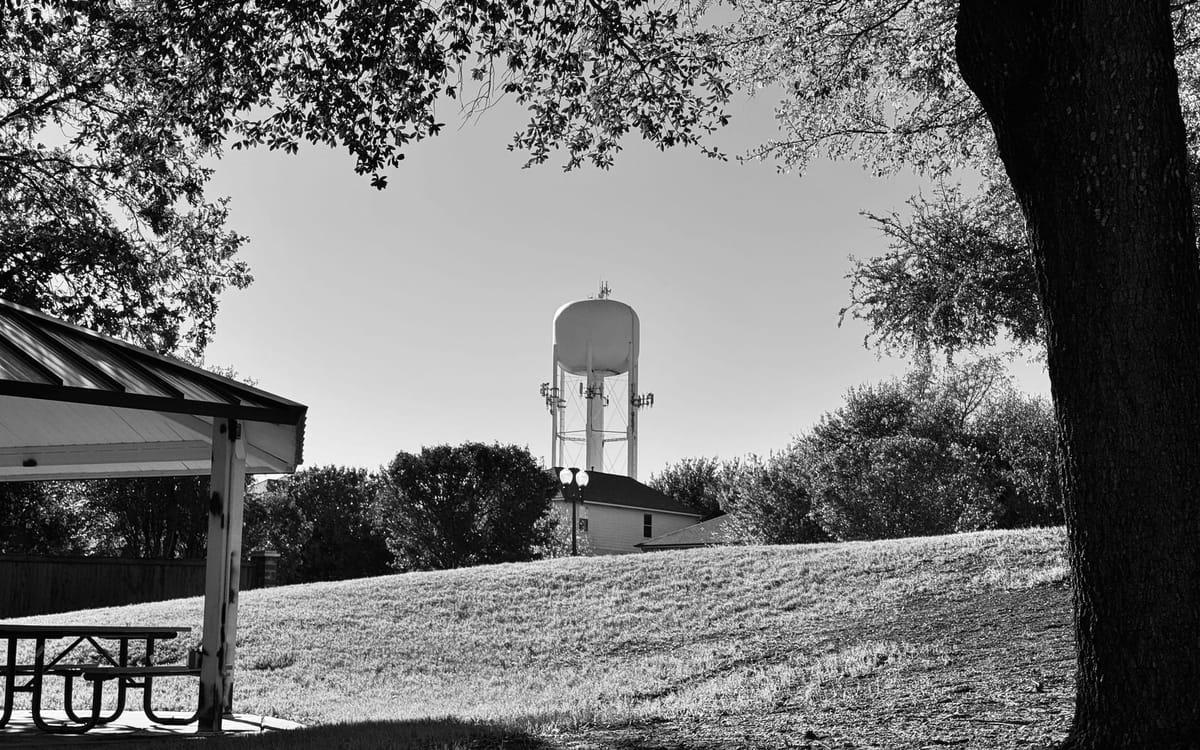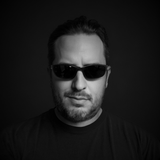Crying in Bed, Reading in the Park, Writing Everywhere

The other night, Matador had trouble falling asleep. Something was plaguing his little eight-year-old mind, and he tossed and turned in his bed while I lay reading and crying beside him. Not openly, of course. I wasn't bawling. But tears ran down my cheeks, and the same low light that allowed me to read allowed him to see something was wrong.
"Are you sad?" he asked.
"Yes," I replied. "This book is very sad."
"What's it about?"
"A woman who lost her memories, and how her friends and family helped her regain her life."
"Did you know Ludwig Von Koopa has no special powers in Mario 3D World Extravaganza?"
"No, I didn't," I told him. "Go to sleep, ding dong."

The book I was crying my way through was Su Meck's I Forgot to Remember: A Memoir of Amnesia. The first forty or fifty pages cover the accident that led to Su's condition, and while her description of the incident is riveting, it's also peppered with constant reminders that she remembers none of it, that everything we are reading was told to her by other people. Imagine the kind of trust you'd have to have with someone to take their words as gospel, to rebuild an identity in your mind based on someone else's account of you.
That's the deep kind of pathos I love reading and writing about. Memory loss has appeared several times in my books, most notably in Por Vida, where a woman wakes in an underground bunker with no memory of how she got there and must figure out who she was before and who she is now. I did no research on amnesia for that book, and instead relied on what I've read in books and seen in movies. I didn't know or take into account the true emotional and psychological toll losing one's memory would take.
The cause of Meck's memory loss was a traumatic brain injury, and reading about what her husband and family had to deal with during the first 24 hours following the accident, to the weeks in physical and occupational therapy, is what really got to me. It was easy to imagine myself in her husband's shoes, losing but not losing the mother of my children, my companion, and my best friend. The shockwaves from this one accident were world-shattering. I couldn't help but feel it all.
I don't know what the rest of the book holds, but I can't wait to discover how she eventually (or if ever) finds peace with her two lives.

I often read when putting Matador to bed. I used to spend that time scrolling Instagram reels or rolling my eyes at anyone who dares to post writing advice on social media, but everything involving my phone just feels like a waste of time these days. Earlier this month, I picked up Uketsu's Strange Houses on a whim. I saw the cover on Amazon and thought it might be in the same vein as Mark Z. Danielewski's House of Leaves. It's not, but I'll tell you this: it was just as captivating.
Strange Houses was low on my TBR pile when it arrived, behind titles like Sarah Pinborough's We Live Here Now and Marcus Kliewer's We Used to Live Here, which, strangely enough, are not prequels or sequels to Shirley Jackson's We Have Always Lived in the Castle. I had every intention of filing Strange Houses on my bookshelf and forgetting about it, but I made the huge mistake of opening to the first page. A black page. With a floor plan on the left and text on the right.
This is the floor plan of a certain house.
Do you see anything strange about it?
At first glance, it probably looks totally normal, like a house anyone might live in. But if you look very closely, you might notice things here and there that seem somehow... off. Those 'off' details pile up and link together to lead to one inescapable truth.
A truth so terrifying, you won't want to believe it.
Holy shit. Now that's a hook.
I absolutely tore through this book. Maybe it has something to do with the way it is written, which is more interview, dialogue-based than typical narration. You won't find any long, flowery descriptions of settings or what people look like. Instead, you get a frenetic back and forth discussion that uncovers things hidden in plain sight. You, the silent, invisible partner in this mystery, are always trying to figure things out before the other characters.
Not only did I love uncovering the truth, I applauded the author's decision to hold it all until the very end, to spare us the hard turn from solving a mystery to fighting for survival. So many little clues, and I couldn't tell you which, if any, were wasted. This book is an absolute jolt of mystery and excitement, and I'm eager to pick up the author's entries in this series.

These past couple of weeks have found me at one of the many parks in my neighborhood with my daughter, Rainbow, as she laughs and screams with her many friends, real and imaginary. As much as I try to be present, she often scolds me for attending too closely, saying, I need some alone time, daddy. So I give her space, walk the playground perimeter, and listen to an audiobook.
I'm currently deep in the weeds with Henry Miller on Writing. Not once in my life have I felt a kinship with another writer, nor have I ever heard one speak about writing in a way that describes not only who I am but who I aspire to be. I've read writing books by Stephen King, Orson Scott Card, Ray Bradbury, and others, but I never identified with their philosophies or the way they saw this art.
But the more I listened to his book (as assembled by Thomas H. Moore), the more I realized Henry Miller (1891 - 1980) is my spirit writer. Our lives are vastly different, but the way he thinks and feels about writing could have been lifted from my own unwritten diaries. I could never put my thoughts into words the way he does, but now that I've read them, I feel as if they are my own.
Where Miller writes something like:
Like a finely trained athlete, I was easy and uneasy at the same time. Sure of the final outcome, but nervous, restless, impatient, fretful.
I would write:
It's like I had a pint of strawberry ice cream in the freezer. The anticipation of eating it drove me crazy. All I wanted to do was tear off the lid and start writing.
Truly, we wield the English language differently. And while I will never write a book like Miller, I will approach the art the same way. I will take his little sayings and plaster them on my wall.
One must write and write and write, even if everybody in the world advises you against it, even if nobody believes in you.
I'm eager to finish his book, and yet after offering Rainbow a drink of water from her ever-present Bluey water bottle, I switch over to The Diary of Anaïs Nin, Volume 1 and get to learn about Henry Miller through the lens of another prolific and devastatingly talented artist. It's amazing to hear someone speak about their art and process, and then have someone else come in and offer another perspective.
Miller describes his writing with words like 'creation' and 'truth,' whereas Nin describes it as aggressive and violent. It makes me wonder how I characterize my own writing compared to what you say about it when you discuss my books with your friends, family, and coworkers.
Then again, my goals differ from Miller's. We perform the same actions for different ends—something I've observed with countless authors over the decades. It makes me think of yesterday morning, when I was trying to sneak in thirty minutes of writing time. I had a character describing a place I used to frequent, and just casting my mind back there brought such a pleasant wave of nostalgia, warmth, and life.
I envy the success of better writers (and in modern times, social media marketers), but honestly I write for the escape. I read about Su Meck and think what her experience would be like if she were a cybernetic organism? I read Strange Houses and imagine not a house but an entire building of hidden passages and dark secrets. And when imagining isn't enough, when the desire to really feel those ideas, that's when I begin to write.
Lately, I've been thinking about how the books we gravitate to often act as a kind of funhouse mirror—not showing us who we are, but who we might be under different circumstances. Su Meck reminded me how fragile the self can be, how easily memory and identity can slip away. Uketsu pulled me into the thrill of discovery, showing how simple and effective storytelling can elevate any mystery. And Henry Miller, through his own words and Anaïs Nin's reflections, allowed me to see writing as something sacred, selfish, and absolutely necessary.
Whenever your children (or jobs, or cats) give you a chance to read, any of these books would be worth your time. They might make you cry, or think, or even start writing your own story.
Unless, of course, you're one of those people who don't need to write because you're too busy living.
As Miller said, “No man would set a word down on paper if he had the courage to live out what he believed in.”
So I'll leave you with that and go check on the kids.




